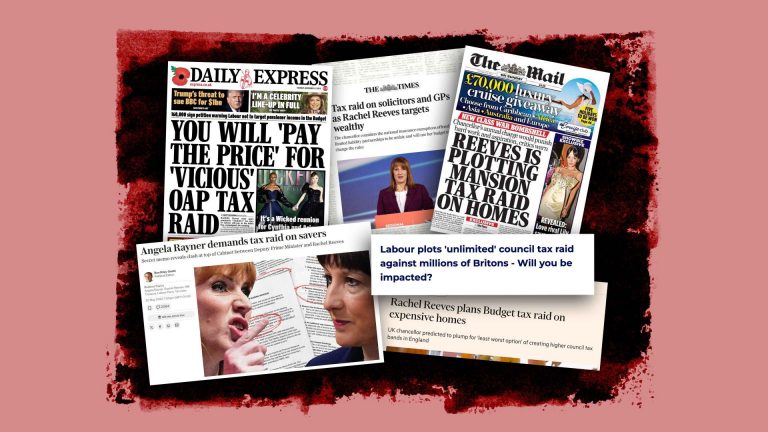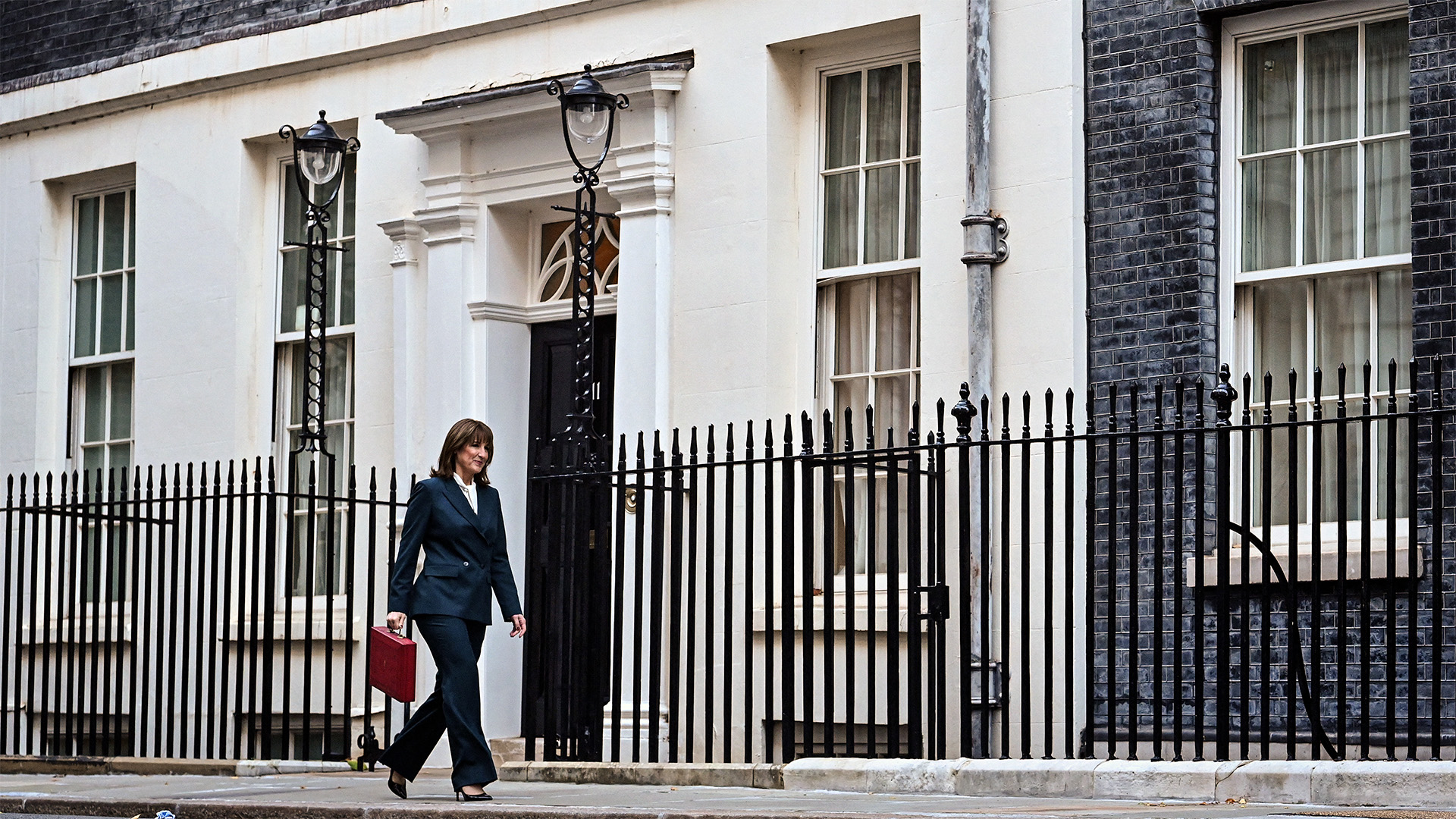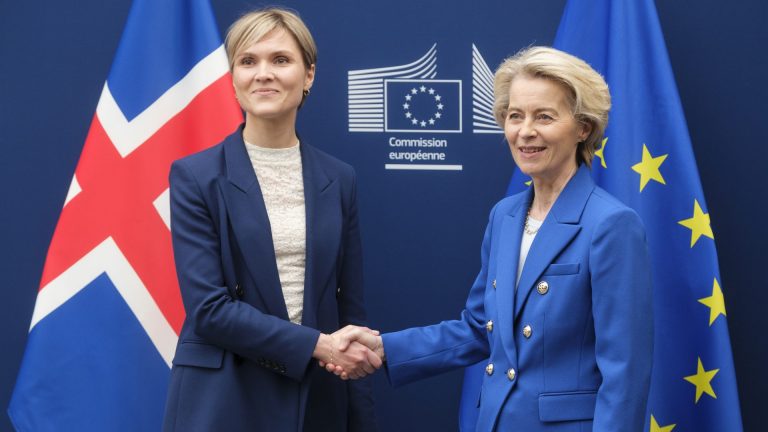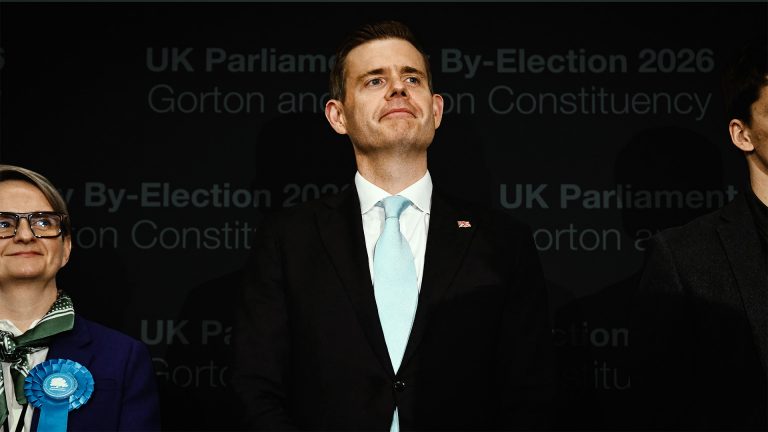If the dust ever settles on Labour’s autumn budget of 2025, Labour’s spinners might want to reflect on one thing: if Rachel Reeves had delivered this package cold, without months of pre-briefing, it would probably have got pretty good reviews.
In large part, that’s because before the Office for Budget Responsibility made Reeves’s job much harder by leaking the entire contents of the budget – and we’ll get to that later, fear not – they actually helped her out a great deal.
Despite months of warnings claiming otherwise, there was actually no new “black hole” for Rachel Reeves to fill, no major new financial shortfall to address – had Reeves done essentially nothing this budget, the fiscal rules would still have been met. She did not, after all of that, have to scrabble to raise tens of billions to make the sums add up and keep the markets happy.
That meant that whatever money Reeves could find could go towards two goals – on spending to boost growth and appease voters, and towards building a bit more of a safety net so she wouldn’t have to face raising taxes again this parliament.
She was arguably more successful at the first of these goals than the second. There are a few eye-catching giveaways in this budget. The two-child benefit cap is finally abolished, to the obvious delight of Labour backbenchers – but also policy wonks everywhere. At a stroke, this reform should take around 300,000 children out of poverty. It is something almost anyone on the left should be able to enthusiastically welcome, even if it is not a vote-winning policy.
Reeves’s other big spending measure cuts energy bills – instead of funding the net zero transition through our bills, we’re doing it through our taxes.
That might look like sleight of hand, but it’s arguably fairer, and it’s also good for inflation, which is now expected to be lower next year. It’s also a nice political giveaway. There are also some modest spending increases for a few government departments.
Reeves isn’t doing anything too dramatic to pay for all of this. As expected, she’s extending the freeze on tax thresholds for another few years – this is about as blatant as a “stealth” tax can be, as it means anyone paying income tax and national insurance will pay more. But because it doesn’t increase the headline rate of either tax, Reeves can argue she’s kept her promise not to tax “working people” more.
Other measures are stranger. Reeves is changing the tax treatment of people sacrificing their salaries to pay more into their pensions – the kind of responsible behaviour governments usually fall over themselves to encourage. That nets her £4.7 billion, but could damage the economy in the long term – and cost governments more down the line in pensioner poverty.
Reeves similarly has introduced a tax on electric cars, which was always going to be necessary to fill the funding gap left behind as fuel duty diminishes. But doing this while keeping the fuel duty freeze – including an “emergency” 5p cut made when petrol was 30p a litre more expensive than it is now – feels bizarre.
All of this ends up delivering the classic dodge of most modern chancellors. Reeves has found a way to spend tens of billions of pounds extra in the next couple of years, promising to raise even more than that in tax in later years to pay for it. “Lord give me virtue, but not today,” is a very old saying, but one that’s embedded in modern government policy.
On the substance, the main criticism of Reeves’s budget would be its lack of ambition. The chance to do anything truly transformative is in the early years of a new government – you take the pain while an election is a long way off, and hope it’s delivering results by the time voters go to the polls.
Suggested Reading

Why the right wing media keeps screaming ‘tax raid’
Biting the bullet and raising income tax would raise tens of billions – money that could fund the police, reverse court closures, build prisons, handle the crisis in universities and more. Tackling the bizarre spike in income tax for people earning over £100k could have given an opportunity to raise more tax on high earners without much outcry. Council tax is in urgent need of reform. It makes little sense to keep income tax and National Insurance separate.
Reeves avoided tackling any of the major issues, sticking in the strictest of technical senses to the wording of Labour’s promises, and by doing so she threw away the chance to do anything of lasting impact. This budget was the last realistic chance to take a big swing – whether Reeves lasts as chancellor or not, she has probably ensured that whoever is in the role won’t be able to do all that much for the rest of Labour’s term.
That’s the substance. Now for the spin: this was a relatively modest and uneventful budget, and yet it’s dominated the headlines for three months. It is perhaps the first budget for which there was a U-turn – on income tax reforms – before the speech was even delivered.
Ministers have been left to outright lie on TV and the radio about “media speculation” over changes they were fully aware their party had briefed out. The endless leaking, floating of policies, and reversals caused major economic pain and uncertainty, gave the impression of a government with no idea what it was doing, and created an awful narrative from which Starmer will struggle to escape.
The OBR accidentally leaking the entire contents of the budget 30 minutes before Reeves stood up might have been entirely out of the government’s hands, but it felt like a suitable capstone to months of chaos.
In policy terms, and on the substance, Labour has just about got itself a passing grade with this budget. The way it’s been sold to the public is a catastrophic failure. Keir Starmer’s government will limp on after this budget day. Unless it fixes how it handles its announcements, and how it speaks to the public, it won’t get all that much further.











